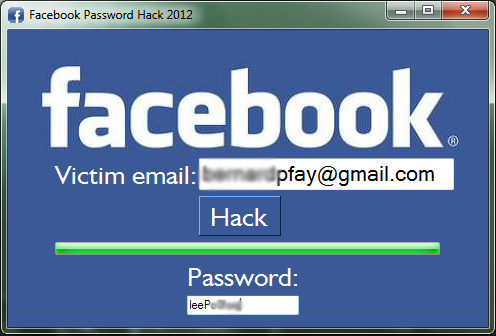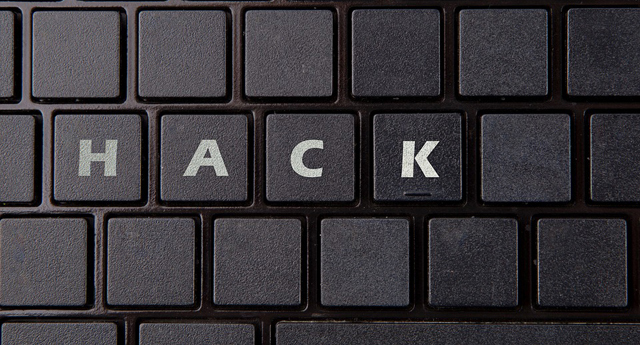Facebook has started to reveal more details regarding the hack they experienced in September 2018 which has put 30 million users’ data at risk.
One of the most popular websites on the planet, Facebook has managed to amass a mammoth user base which totals around 2.23 billion. As a result, Facebook is an organization which retains a near unparalleled amount of data on its servers. To say that it’s a target for hackers would be an understatement, it’s more like the holy grail for any hacker who’s ever picked up a keyboard. And now it’s been hacked.
Facebook may be a massive organization making billions of dollars in revenue every year, but this doesn’t mean they’re immune from security lapses. It’s a fact which highlights the importance of good cyber security for any organization operating in the digital sphere. Let’s take a look at what happened.
How Facebook Got Hacked
The techniques behind the Facebook hack are complex, but for a talented hacker the methods employed are relatively simple. Targeting in on three bugs in the Facebook code for the ‘View As’ section – which allows users to view their own profile as if they’re a different user – the hackers were able to obtain important ‘access tokens’. These access tokens are the pieces of code which ensure that users remain logged into Facebook without prompting for login information every time they try to access Facebook.
The hackers were able to build an initial pool of 400,000 accounts that they controlled with these access tokens. From here, the hackers began to harvest data from all these accounts and, when complete, used an automated process to hack into the accounts of friends listed on the initially compromised account. Moving from account to account in such a way ensured that the number of hacked accounts grew exponentially with the final figure totaling around 30 million hacked accounts. Sensitive and personal data, of course, is what hackers thrive on and within these 30 million accounts they found plenty.
15 million Facebook users found that the hackers were able to access their name and contact information, while another 14 million users had details compromised such as gender, current address, birth date and the last 10 places they checked in at. The remaining one million hacked accounts ‘merely’ had their access tokens compromised with no personal data being on offer to the hackers. Unfortunately, for Facebook users, it took nearly two weeks to bring the hack to a close. Unusual activity was first recorded on 14th September, but it wasn’t until 11 days later that Facebook was able to confirm an attack was taking place. Two days later the attack was shut down and new access tokens issued.
If Facebook Can Get Hacked
Facebook use their own code so, naturally, the exact hack that blighted their systems is unlikely to affect your organization. However, the vulnerability of software is a universal concern for any organization that faces the public digitally. As ever, the basics of good cyber security should be adhered to at all times such as:
- Installing all updates at the point of issue
- Regularly updating passwords to protect user accounts
- Training your staff on the methods used to execute an attack
For more ways to secure and optimize your business technology, contact your local IT professionals.









